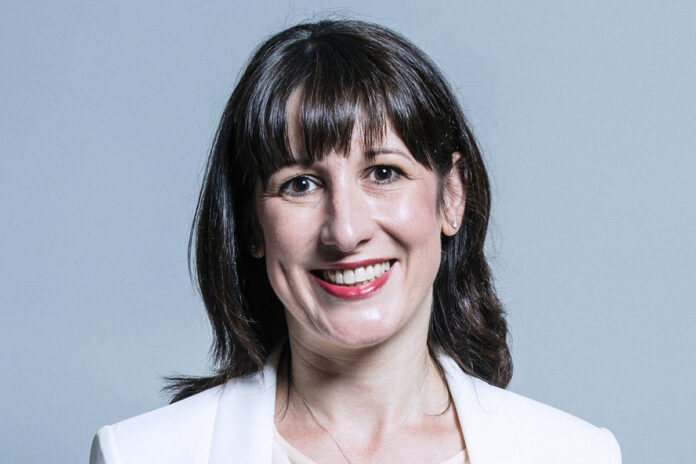With the UK’s public finances under increasing strain, Chancellor Rachel Reeves is facing mounting pressure to generate significant revenue — and many middle-income earners may find themselves in the firing line.
Although the government has publicly reiterated a pledge not to raise the headline rates of income tax, VAT or employee national insurance contributions, economic think-tanks warn that such smaller-tax assurances may not hold.
One likely route being flagged is a freeze or reduction of tax thresholds. For example, the basic income-tax threshold may be held static so that more people move into higher-rate tax brackets despite no change in the rate itself. This stealth tax wound-up means: ordinary working-class households could pay a higher tax burden without the Chancellor touching the headline rate.
There are also signals of new taxes or reforms beyond the obvious targets: proposals include an annual “wealth tax” on high-net-worth individuals, reforms to capital gains and inheritance tax, and measures aimed at landlords and second-home owners.
What does this mean for the middle class? If you earn a typical salary and own your home (or part of it), you could be caught by:
the threshold freeze effect (meaning you move into a higher tax band)
creeping tax increases on capital assets or second properties that feed through into rent or house-price inflation
indirect cost burdens such as higher taxes on business passed on via higher prices for goods and services.
In short: even if you’re not “rich” in the conventional sense, the combination of modest pay growth, asset ownership and inflation means you may well feel squeezed. And the Chancellor herself admits the world has changed: she no longer rigidly sticks to her earlier pledge that there will be no further tax rises.
What you can do now:
Check whether your income is creeping towards a higher tax band by virtue of frozen thresholds.
If you own rental property or second homes, assess how proposed tax changes might affect your returns.
Watch the upcoming Autumn Budget closely: the government may reveal new tax instruments aimed at broadening the base rather than raising headline rates.
In short, while the light may not yet be flashing red, the tax landscape is shifting. Middle-income households that assumed they were safe from further tax increases may want to take precautions now — before the Budget reveals the full picture.


